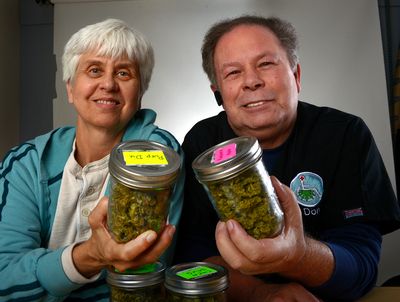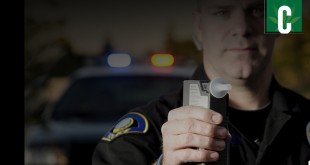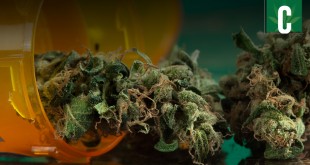Officials have forced a medical marijuana delivery service out of its San Rafael office space.
Police raided the Caregiver Compassion Group, a nonprofit collective that closed Jan. 6. The service had been operating quietly on Woodland Avenue since 2011, when it lost its lease in Sausalito.
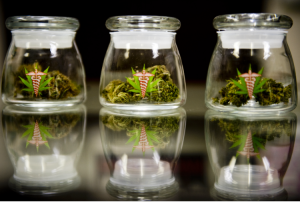 The service was ordered closed under a 1997 ordinance, one of the oldest in the state, that bans dispensaries in the city. California voters approved medical marijuana a year earlier by passing Proposition 215 in the 1996 election.
The service was ordered closed under a 1997 ordinance, one of the oldest in the state, that bans dispensaries in the city. California voters approved medical marijuana a year earlier by passing Proposition 215 in the 1996 election.
Caregivers Compassion Group is run by Donald Hatt and Berta Bollinger, both medical cannabis patients. Their collective has about 300 members, most of them Marin County residents.
“We would like to continue doing it in the broad daylight instead of feeling like we’re criminals,” Bollinger said. “It’s 2014, for God’s sake. The law has been in effect since 1996, and we still can’t figure this out?”
San Rafael’s crackdown is part of a larger effort to eradicate MMJ providers from tiny Marin County. Federal prosecutors wiped out most of the county’s stores in 2011, leaving just one legally operating operating dispensary in Corte Madera. And officials there say they won’t let that shop stay in town once its lease expires later this year.
The raid in San Rafael occurred last fall, when police sent an undercover officer to the collective without a valid card. The operation followed “some community complaints,” said Lt. Dan Fink. Bollinger said the officer tried to buy weed with a card issued by a doctor whose license was revoked. Fink, though, said the officer simply asked about the “procedure” for buying marijuana.
“We wouldn’t let him in,” Bollinger said. “About 10 minutes later, he came back with a whole contingency of other officers.”
But Fink said the officer was told “they would sell to him there with a card or they would also do delivery.” In either event, the undercover officer never gained entry to the offices, so he had no way of knowing whether there was cannabis on the property – other than the smell, Fink said.
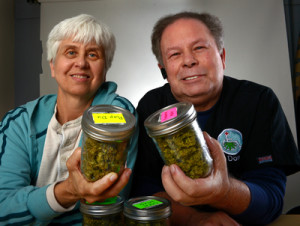
“I can tell you when we were there talking to them there was an extremely strong smell of marijuana outside the gates of their business,” Fink said. “I don’t know if that is because they were smoking it in there or if they had product in there.”
Police frequently claim to smell an odor of marijuana in pot cases. The allegation can’t be disproved without eyewitnesses, and juries are generally more likely to believe the police than a cannabis provider.
“No medicine was on-site here at the office,” Bollinger said. “This was just to keep our computers going, punch in the sales, that kind of stuff. The medicine was coming from someplace else.”
Patients did use the office to sign up for the collective, she said, and the group provided counseling services there.
“It was place for people to come for feedback, information and support, but not to get medicine,” Bollinger said.
 California Marijuana Market Breaking "Marijuana News" from CA
California Marijuana Market Breaking "Marijuana News" from CA

